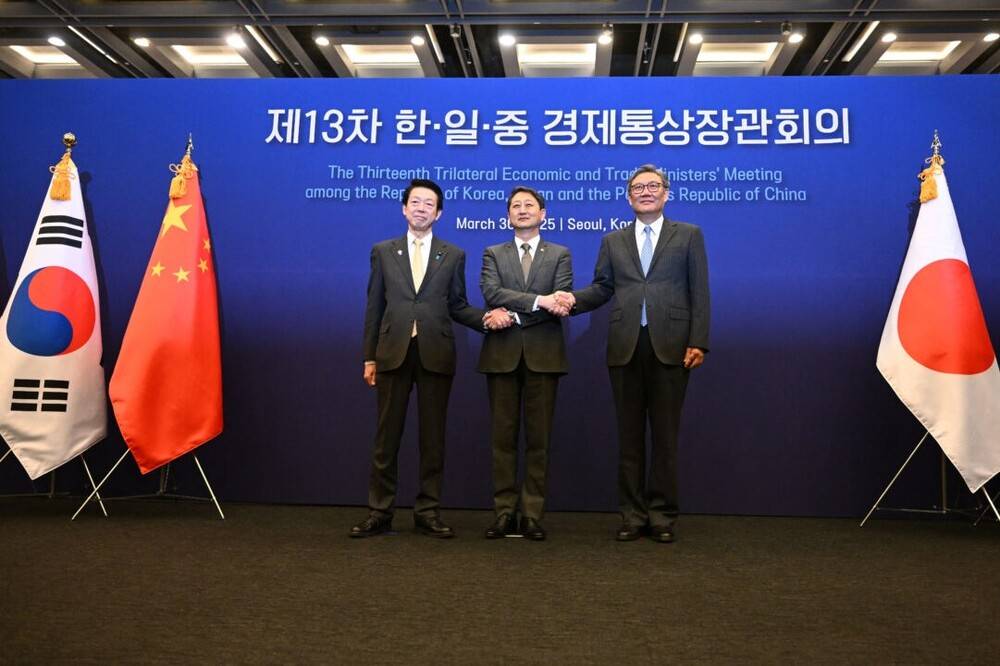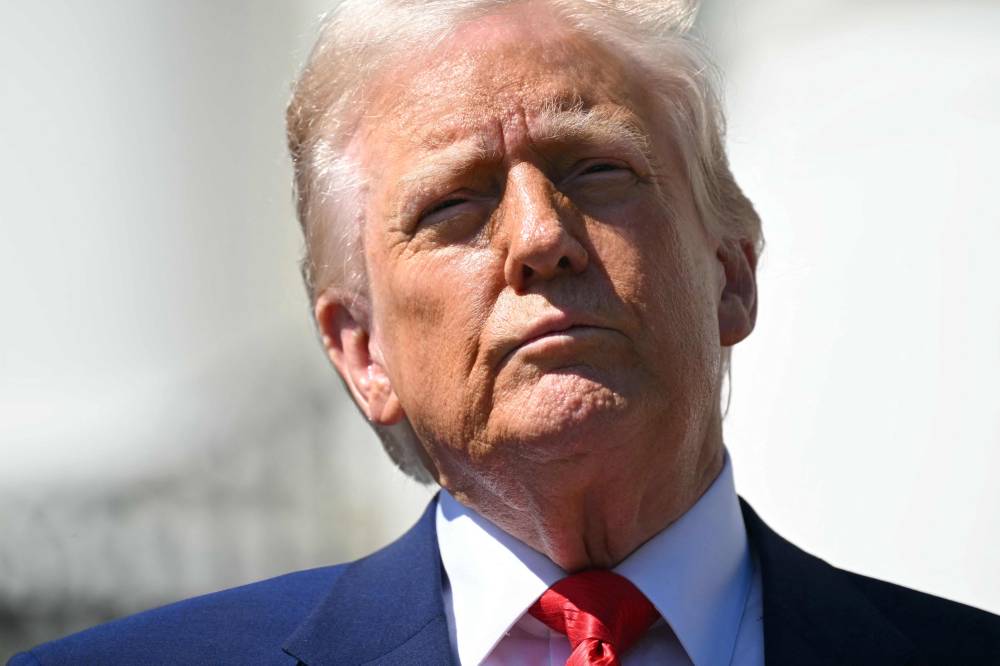Can Malaysia find economic safety in the China-Japan-South Korea bloc?
A geopolitical expert suggested this newfound collaboration among these East Asian powers could indicate the formation of a new regional order.

SHAH ALAM - The global economic landscape is undergoing a significant transformation as the United States (US) administration's tariff policies reshape trade relations worldwide.
These policies affect major economic powers and nearly every nation involved in international trade, including Malaysia.

Amidst this disruption, a notable development has emerged: cooperation between China, Japan and South Korea, countries historically marked by discord.
Geopolitical expert Professor Dr Jatswan Singh from Taylor’s University’s School of Liberal Arts and Sciences suggested this newfound collaboration among these East Asian powers could indicate the formation of a new regional order.
He stated that US President Doald Trump administration’s economic approach is redefining the global order, echoing past shifts following World War II and the collapse of the Bretton Woods system.
"This emerging alignment of China, Japan and South Korea signifies a change in their diplomatic and economic ties and could pave the way for a new regional order in East Asia.
"Simultaneously, Europe is reassessing its strategies, pointing to a broader shift in global alliances and diplomacy.
"In the coming months, we may observe a realignment of allegiances as the global order evolves, with the Trump administration’s actions seemingly dismantling the rules-based international system established by the US in 1945," he said in an interview with Sinar Daily.
On whether Malaysia can or should align with the China-Japan-South Korea cooperation, Jatswan posed a crucial question: Are these nations merely cooperating, or are they moving towards forming a unified bloc?
While it is too early to definitively say, establishing a cohesive bloc would require deeper collaboration, and understanding this distinction is key to Malaysia's approach.
"Since its independence in 1957, Malaysia has consistently maintained a pragmatic foreign policy. In the 1990s, the US was its largest trading partner, but today, China holds that position.
"Malaysia’s approach has always been to leverage opportunities while mitigating potential threats, adapting to changing global dynamics.
"Given this history, Malaysia will likely adopt a cautious stance, observing the situation's development before making significant decisions. The Foreign Ministry is unlikely to rush into any public alignment with specific global blocs, as this would contradict Malaysia’s long-standing neutral and non-aligned policies," he added.
The immediate challenge for Malaysia is safeguarding itself from the increasing impact of US tariffs and similar trade barriers.
"As a nation heavily reliant on international trade, Malaysia’s economic vulnerability makes it susceptible to the global effects of economic downturns.
“The central concern is not whether the China-Japan-South Korea cooperation can 'save' Malaysia from Trump’s tariffs, but rather how Malaysia can navigate the complex global trade landscape, balancing the pursuit of new opportunities with the growing prevalence of tariffs, particularly those imposed by the US," Jatswan clarified.
"A robust global trading system remains vital for Malaysia, given the country’s susceptibility to global recessions and the broader impacts of economic downturns.
"These challenges highlight the importance of protecting Malaysia’s economic interests, both domestically and internationally, while avoiding undue influence from foreign powers.
"As the situation unfolds, Malaysia’s focus will likely remain on self-preservation and strategic adaptability in the face of an increasingly volatile global environment," he added.
Download Sinar Daily application.Click Here!















